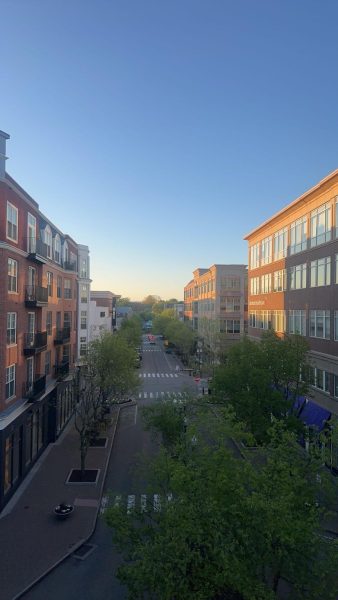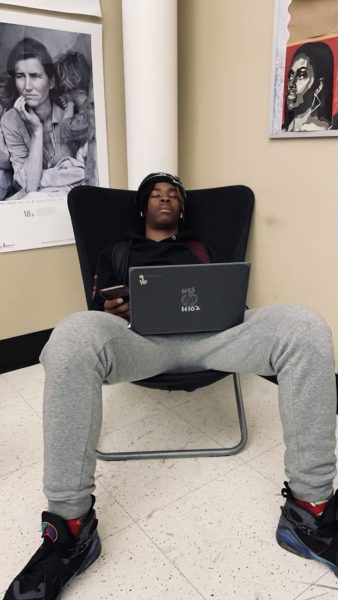The Man Who Earned the Sioux One Billion Dollars
Arthur Lazarus could’ve been a millionaire. Graduating from top-ranked Columbia university, and subsequently graduating from Yale law, he was poised for success. A multitude of firms jumped out to hire him. But instead of joining any of these, he went on to pioneer the field of Indian Nation Law. Lazarus went to work for the Sioux nation, focusing on a case that would go on to take over thirty years to complete.
The Black Hills land dispute revolves around the Black Hills area of South Dakota and parts of Wyoming. In the late 1800s, gold was discovered in the region. This led to the eviction of the Sioux Indians from the area, forcibly removing them from their homes and placing them on a reservation. This was a clear violation of the Fort Laramie treaty, which stated: “[The Black Hills] are set apart for the absolute and undisturbed use and occupation of the Indians.”
The Sioux nation unsuccessfully fought this through the courts, until they reached out to Arthur Lazarus. When asked why he helped them, Lazarus explained that “Like any fledgling government, they needed help”.
For over 25 years, Lazarus worked on the case, eventually bringing it up to the Supreme Court. After decades of planning, arguments, gathering information, and making a case, the court finally ruled in the favor of the Sioux nation. In their decision, the court commented that Congress “Had not made a good faith effort to give the Sioux the full value of the Black Hills”. As reparations, congress awarded an amount equal to about 1.7 billion dollars in today’s money.
However, this gargantuan sum has yet to be accepted. The Sioux nation has refused to touch even one cent of the allotted amount. By accepting payment, the Sioux would be accepting the robbery of their lands, along with payment as compensation.
“[Lzarus] thought that one day, that money would ultimately be put to great use by the tribes.” His hopeful nature and hard work secured the first major American Indian victory in the Supreme Court.







